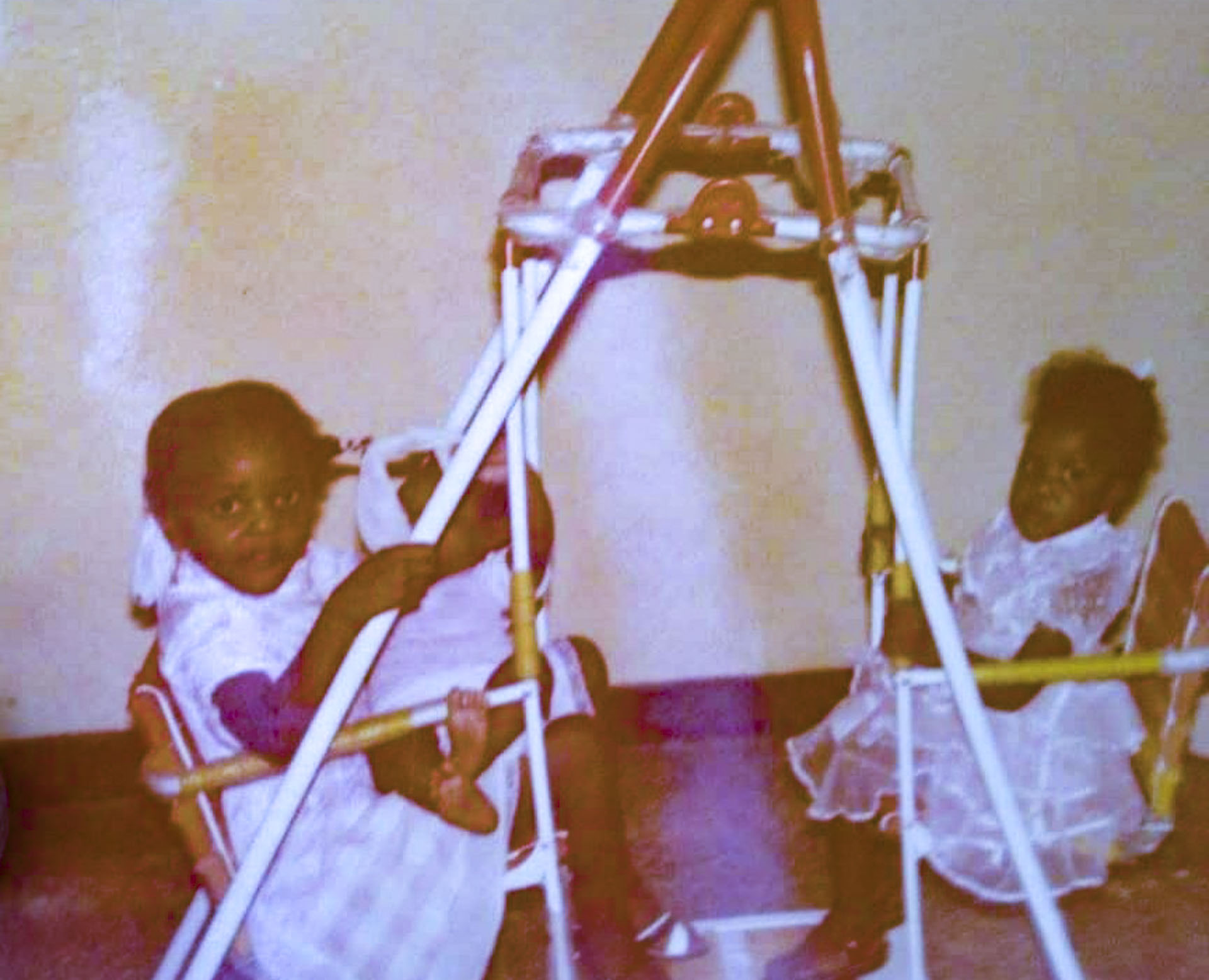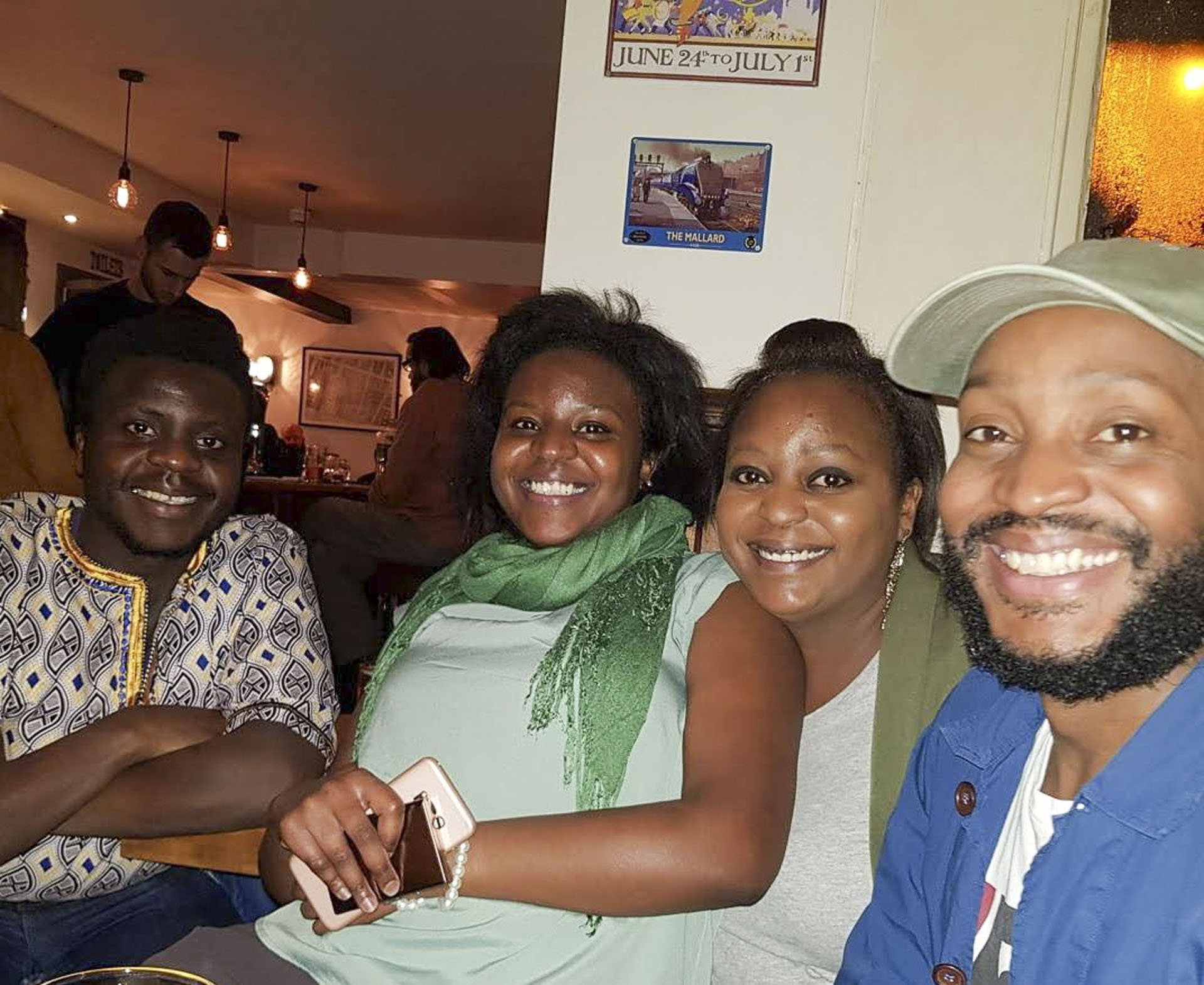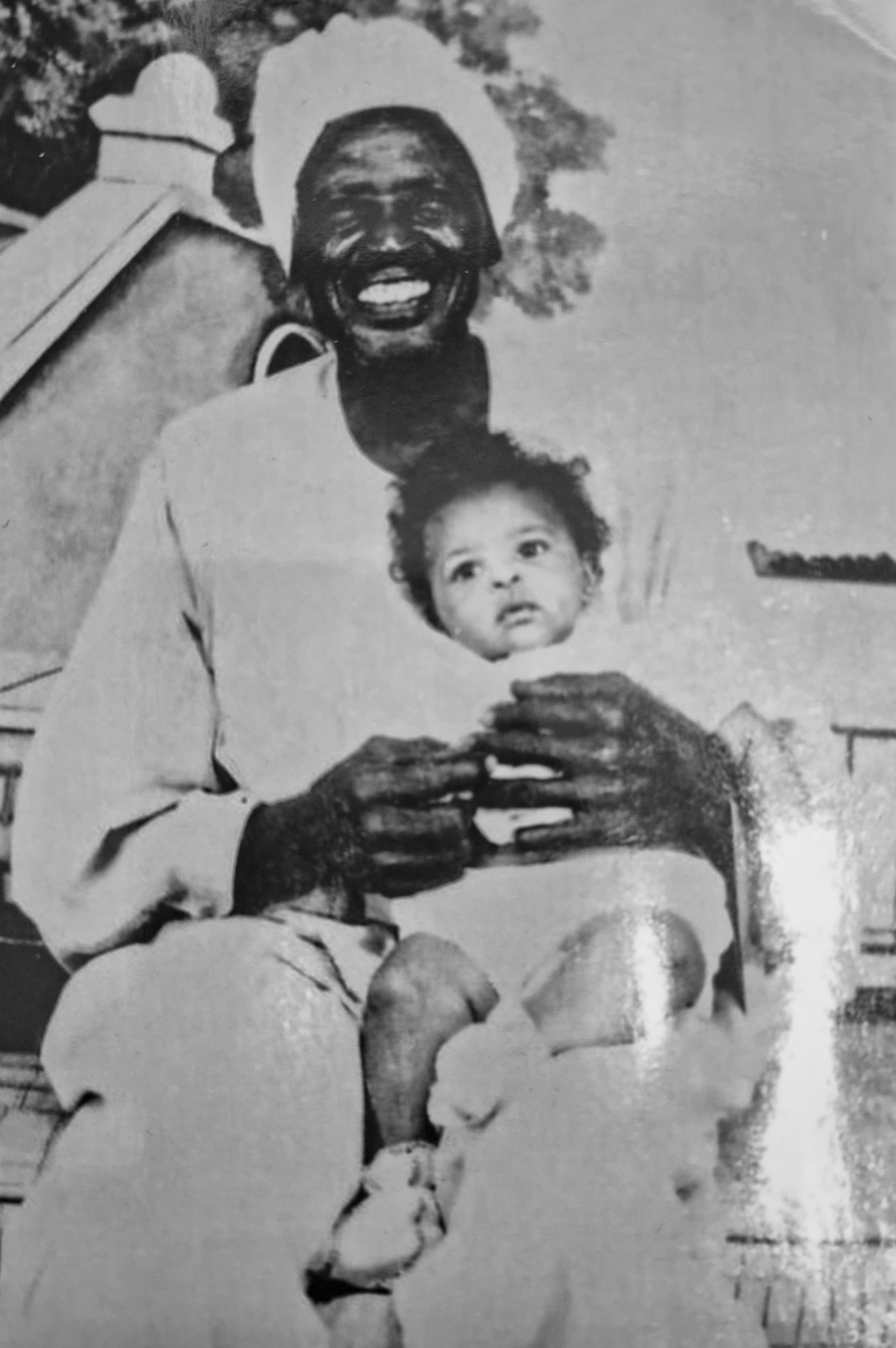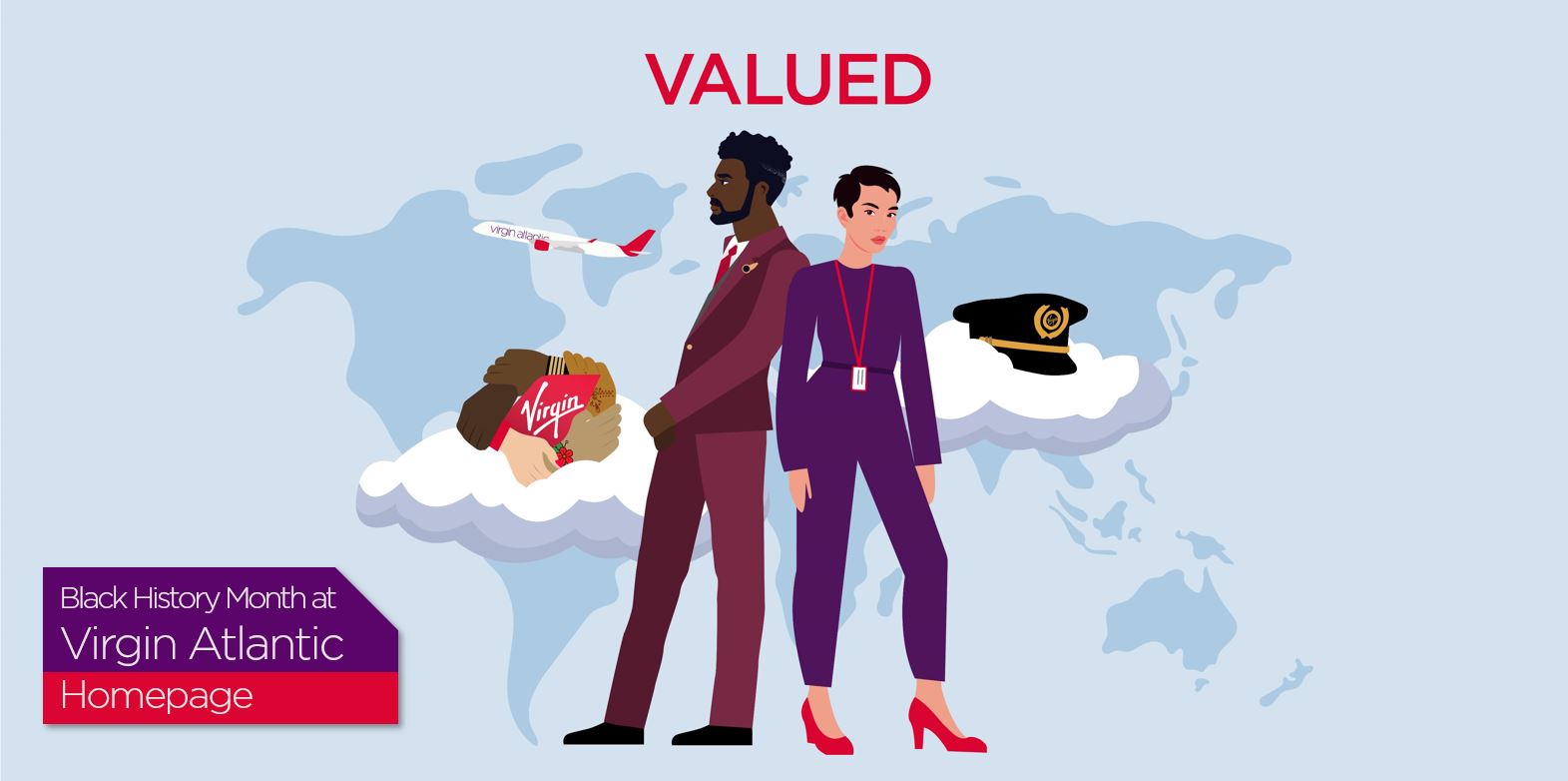In Aug 1990, after my youngest brother was born, my dad moved to the UK to do a degree at Reading University. During that time, we moved to Darfur, which was very difficult for my mum, who was left with 4 young children. The oldest (me) at the age of 10, my sister age 7, my brother age 5 and my baby brother, who was only maybe 5 months old. She didn't have her family close, except my grandmother, my dad's mum.
After so many years of not seeing our dad, on the 9th March 1994, we were finally reunited with my dad and moved to live in Brighton, UK.
At 13 years old, as a child moving from 40c to 9c weather and not speaking a word of English it was very scary. Not seeing people who look like you except your family, I used to cry every night. I just wanted to go back home and see my mum's family and speak the same language (Arabic) and not rely on my dad to translate English to Arabic every time.
My dad enrolled us in a school at Hove, and you can imagine what that was like for a 13-year-old! Different language, different school, different teachers. But the thing I felt most was that there was nobody with the same skin colour as myself. I didn't want to go to school but couldn't get out of it either. My dad was very strict when it came to education. I started to question why my dad was doing this to us? Does he not want us to be happy? Why choose a country where we don't speak the same language? We could go to the middle east or something!
I found myself maybe a year after being in the UK, unable to make friends because of the language, and I wasn't learning English as quickly as my siblings did. So, Every Saturday, I went to the library, and I borrowed the kids' books because they were easier to read and understand. I also started watching American programmes for the same reason.
Before I knew it, I started to learn and understand English. I can now talk for England as my friends at work will tell you.
So what does Black History Month mean to you?
Black history month, for me, is a time to celebrate and share black heritage, different cultures and to promote the achievements of black communities in the UK. At the same time, we still need to address the racism and discrimination that still exists.
Tell us about any barriers you've faced in life because of the colour of your skin.
The first time I realised that skin colour was something you were judged by was back in Sudan with what we call colourism. My mom is a very fair, and my dad is very dark. Back home, and this happens in many other countries too, you are seen as having more opportunities if you are lighter-skinned. This stigma goes as far as people saying you'll get married quicker if you have lighter skin. But when I came to the UK, that's when I realised that people didn't notice the shade of your skin. You're just Black. When my mum picked me up from school one day, I even had one kid who said 'that's not your mum, her skin is lighter than yours'. I didn't understand what he meant by that until I got a bit older.
The other thing for me happened in my previous job. I worked there for 13 years and every year applied for other jobs in the company. I never got the jobs, many of which went to people with no more skill or qualifications than me. And who had never worked in that role before. It was hard to explain, and I started to question myself. That's when I began thinking it could be because of my skin colour.
But then I remember I LOVE my skin and to me the colour of my skin shouldn’t define who I am as person. But unfortunately for some people they do get picked on, because what shade colour skin they’re. especially from their own family which still happened to this day.
After so many disappointments in your previous job, what was it like joining us here at Virgin Atlantic?
The thing for me about Virgin Atlantic is that I won't hear anyone say a bad thing about it. It sounds really weird, but where I worked before, I was one of only two Black people in a contact centre of 400. And I walked into Virgin and was interviewed by the lovely Miriam. I was like, wow, this is different. Being interviewed by this amazing Muslim woman, who was a manager, and talking about how diverse the company was and how you can improve and develop. I was praying and praying to get the job. I've always remembered that moment.

.png)



